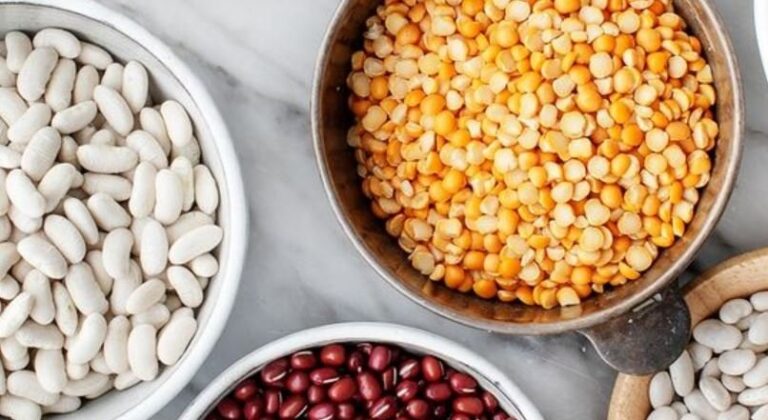
The leading farmers in this hilly district are drawn towards cultivating indigenous variety of crops, thanks to the easy access to the market and prospects of better income.
The local varieties of vegetables, pulses, citrus fruits and beans are getting a good market in recent days and a growing number of farmers have been looking out for the indigenous seeds of these crops.
Choto, a local variety of radish, is not found in the market. Similarly, it has been almost 15 years since an aromatic local variety of cauliflower was seen in the market. Indigenous varieties of lemon and orange have also almost disappeared. The local varieties of ginger and garlic are also rarely found in the market.
Ram Bahadur Aier, a farmer of Amargadhi-1, said farmers are attracted towards cultivating indigenous varieties of vegetables, pulses, citrus fruits and beans as these produces have started getting a good market in the recent days.
Stating that vegetables and pulses produced in the high hilly area have already have a good market, he said, “Even farmers who are into commercial farming using hybrid and improved varieties of seeds have started looking for local seeds after finding that the indigenous varieties of agriculture produce has a better market.”
According to farmers, the Black Gram or Mas in Nepali, grown in the hilly area fetches double price in the market compared to the Mas produced in the Tarai and also lately imported from Bangladesh.
“Not only the Mas, there is high demand for local varieties of soybean, lentils, kidney beans, long beans as well as other beans. Encouraged by the growing demand, the farmers have started cultivating these local varieties,” said Tej Bahadur Khadka, a leading farmer of Ajayameru rural municipality-5, Dadeldhura.
The kidney beans, Mas and ‘gahat’ produced in Dadeldhura is directly marketed to the federal capital, Kathmandu.
Although the market for the local agriculture products is small the earnings from them is good and hence the popularity of the indigenous seeds among the farmers.
“Even though the production from the hybrid and improved varieties of seeds recommended by the government is high, the farmers have been attracted towards cultivating local varieties due to the high price it fetches,” he said.
Besides, stiff competition for market for produce from hybrid and improved varieties of seeds, the need to sell and supply through middlemen and the produce not getting the appropriate price are the reasons for farmers opting for local varieties.
However, according to the farmers here, the major challenge for them growing local variety crops is the hybrid crops flooding the Nepali market from across the border from India.
Source : RSS,





